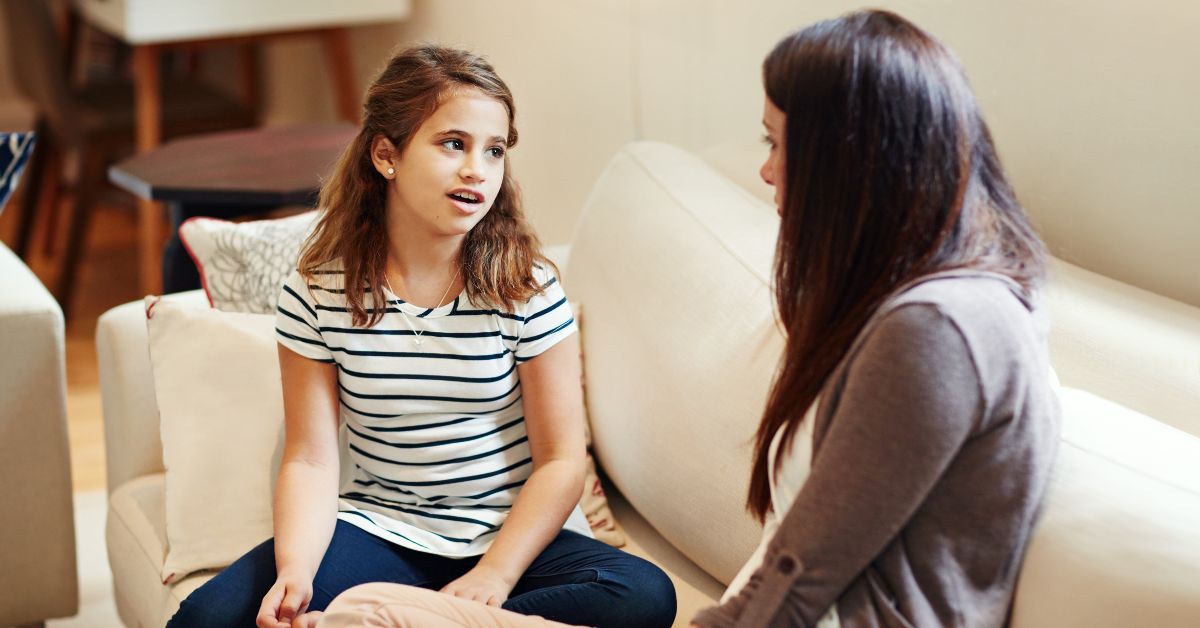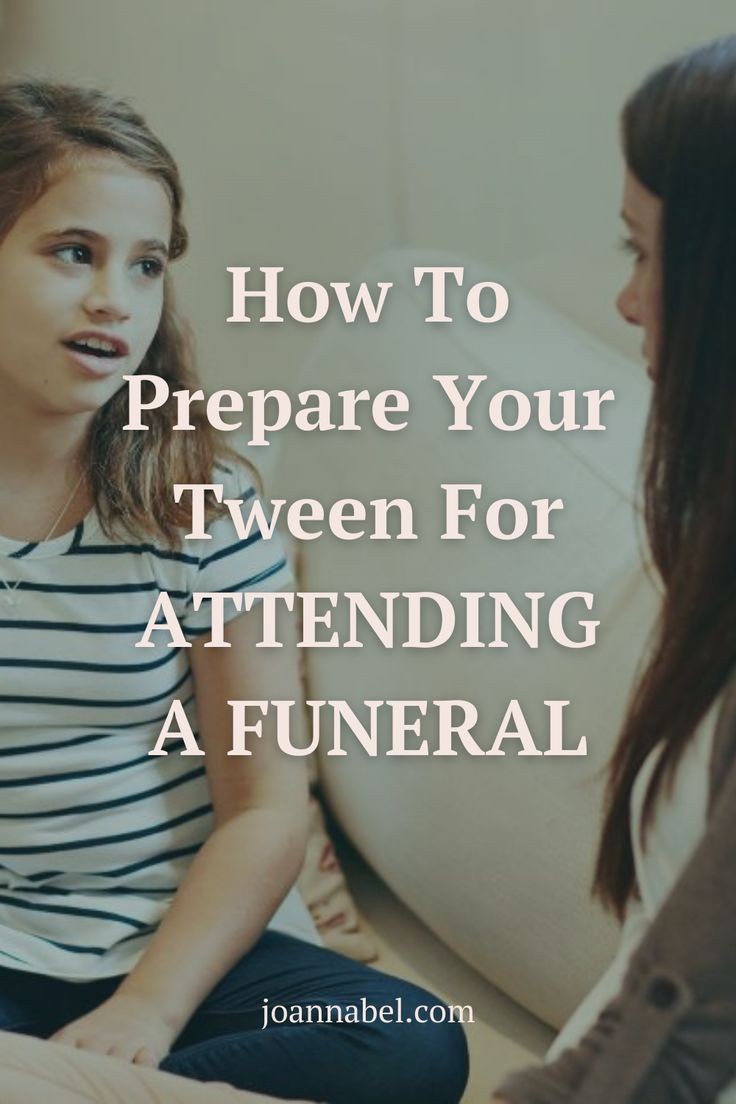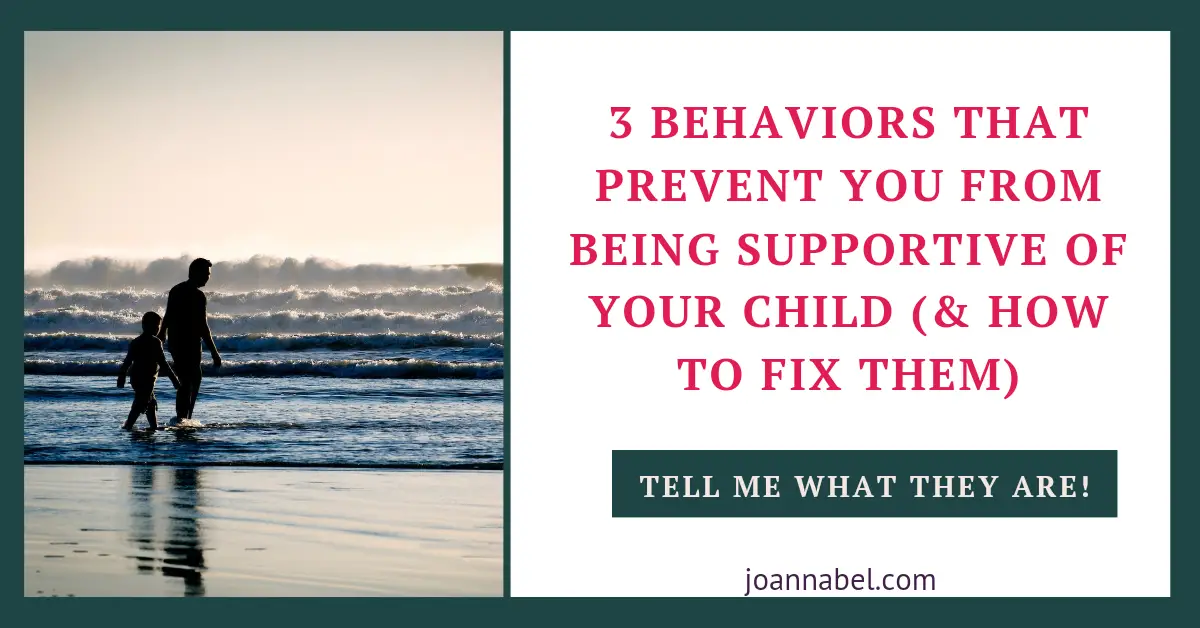Preparing your tween for a funeral is an important step in assisting them to emotionally cope, participate respectfully, and grow through this significant life event.

How To Prepare Your Tween For Attending A Funeral
Funerals are deeply emotional events, and they can feel overwhelming for anyone, not only tweens. At this stage, children understand the complexity of life but still rely on their parents to help them process challenging milestones.
Let’s see how you can help them psychologically and technically prepare for these events that are a natural part of life from which we shouldn’t shield them. That’s because in the future they won’t be able to handle them well or at all.
Note: Although I am a Clinical Social Worker, engaging with this website does not establish a professional social worker-client relationship. The information provided here is for general purposes only and should not be considered professional advice. While we strive to ensure accuracy and reliability, this content is not a substitute for professional guidance. For specific concerns, issues, or situations, it is essential to consult a qualified professional and present your situation. Read the full Disclaimer here.
The Importance of Funerals
Funerals offer a way to process loss and begin the healing process. They help mourners pay their respects and say goodbye, and for tweens, these rituals can provide their first significant experience around death.
Attending a funeral allows them to witness how adults deal with grief, express emotions, and support one another. By involving your tween, you’re honoring their place in the family and teaching lessons about compassion, connection, and closure.
Starting the Conversation

Talking about death isn’t easy, but it’s an essential first step when preparing your tween for attending a funeral.
Be clear and transparent while using language they can relate to. Avoid euphemisms that might confuse them, and instead, explain death in straightforward terms.
Share the purpose of the funeral, including its role in commemorating a loved one’s life and the importance of supporting the grieving family and community.
Encourage your tween to ask questions and share how they feel about going.
Reassure them that feeling confused, scared, or unsure how to act is okay. This conversation is an opening for you to talk about what they can expect and help them understand funeral etiquette in a way that aligns with their maturity level.
Helping Them Prepare Psychologically
Funerals can evoke many emotions so validate any of their feelings and remind them that grief doesn’t need to look the same for everyone. Share your own experiences with grief to make the conversation relatable.
If you’re nervous about the emotional intensity of a funeral for them, explain that it’s completely normal for them and other people to cry, appear somber, or even stay quiet because they’re still in shock.
Make sure you encourage them to bring tissues or a comforting item, such as a small keepsake or note, to help them feel more at ease.
Practical Preparation
Your tween may need guidance on how to dress and behave during a funeral. Choose appropriate attire together, emphasizing modest options in subdued colors like black, gray, or navy. Discuss that dressing appropriately shows respect for the occasion.
Provide tips on behavior, such as speaking in a low voice, listening during the service, and sitting attentively. If there’s a viewing or open casket, explain what that might look like.
Encourage them to ask you for support if they feel overwhelmed during the ceremony.
You can also prepare by discussing what they might want to bring. For example, they might want to bring a small notebook to write down their impressions or how they feel about all of this, or a card they might want to leave for the family.
Talking After the Funeral
Once the funeral is over, take the time to discuss the experience with your tween.
Ask them how they felt about the service, what stood out, and if your child has any lingering questions. This discussion is an opportunity to listen to their thoughts and correct any misunderstandings they might have had during the ceremony.
You can use this time to explore how they feel about the grieving process, what they learned, and whether they’re comfortable sharing any emotions they feel or views they have. These talks can help deepen their understanding of loss while offering closure and reassurance.
Latest Posts:
- The Importance of Play in Child Development

- 5 Hobbies That Will Help You Connect With Your Teens

- A Guide to Balancing Parenting Roles After Divorce

- Gifts for Your Teenager That They’ll Actually Enjoy

- 6 Reasons Your Teenagers Seem Distant and Distracted

- Special Gifts to Let Someone Know You’re Thinking of Them (13)

FINAL THOUGHTS ON HOW TO PREPARE YOUR TWEEN FOR ATTENDING A FUNERAL
Preparing your tween for a funeral involves thoughtful conversations, emotional support, and practical guidance.
By approaching this milestone with care, you can help your child strengthen the capacity to deal with difficult emotions, learn important social cues, and connect with the supportive aspects of a community gathering.
When your tween feels prepared for the experience, they gain the confidence to face difficult moments and grow into a compassionate, thoughtful individual.
Thanks for your attention! If you found this helpful continue with the useful resources like this one:









Leave a Reply